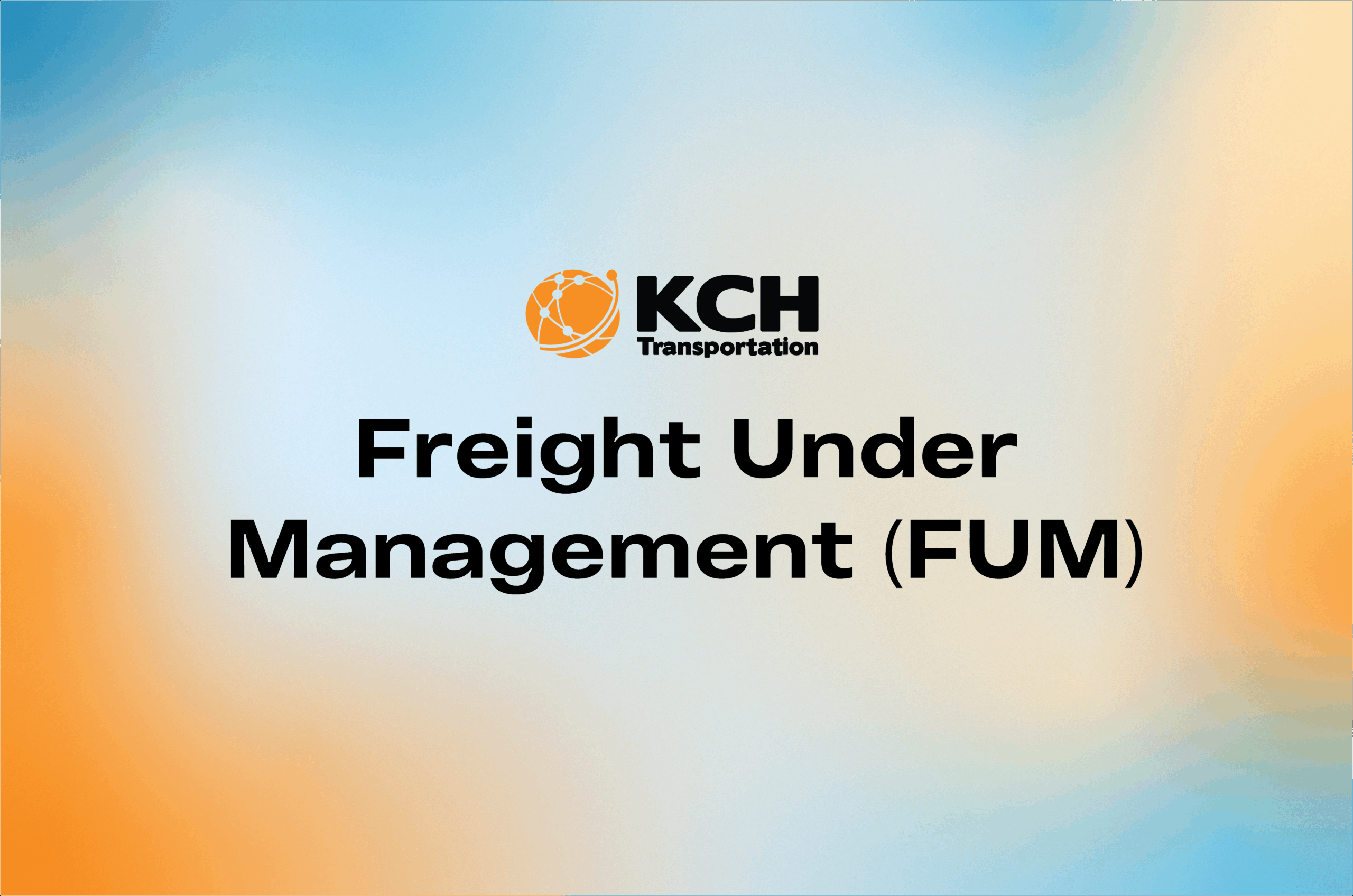Tariffs at the wheel: What things are changing?
The tariffs are not abstract figures but the changing face of carriers, brokers, and logistics operations.
- Increasing prices on truck parts and vehicles, many of which are imported from Mexico and Canada.
- With a 10% tariff placed on energy products from Canada, the fuel prices skyrocket, making the ride unpredictable and more expensive.
The import activities are growing at a slower rate, resulting in fewer goods receipts, fewer cargo bookings, and stressed drayage freight operations at ports such as Los Angeles and Long Beach.
Supply chains are shifting gears.
For freight logistics companies, agility has now become a necessary feature. With international imports becoming more costly, U.S. companies are pivoting:
- Nearshoring to Mexico has gained traction—creating opportunities for cross-border trucking and full truckload services.
- Others are betting on domestic sourcing to avoid tariffs altogether, leading to different shipping patterns and new regional routes.
Strategic shifts in operations are affecting the movement of goods and even who is responsible for moving them.
Tech is taking the driver's seat.
With increased costs, efficiency is no longer a matter of choice; it is a matter of survival. To optimize funds, trucking companies are:
- Using digital drayage load boards to match freight with trucks faster
- Leveraging AI for smarter dispatch, real-time fuel route optimization, and fewer empty miles
- Streamlining operations through integrated freight platforms and tracking tools
All the changes enable carriers to do more with less and remain competitive, even with tariffs eating into their budgets.
Speed matters more than ever
Port congestion and long lead times are making it harder for customers to wait for their orders. Here comes assistance in the form of expedited transportation solutions.
An increasing number of companies are opting for expedited logistics through premium services to minimize delays, circumvent traffic bottlenecks, and provide faster services over shorter supply chains.
People need and expect shipments to be delivered, like yesterday, and KCH is dedicated to making that happen.
Advocacy on the horizon
Industry leaders are far from merely adapting; they are now making their voices heard. From major carriers and regional freight brokers, many have begun lobbying for exemptions on key truck components and even the restructuring of the tariff application process itself. The purpose is to strike a rational balance between trade protection and economic sustenance.

Future outlook: A roadmap to resistance
Yes, the terrain has changed. However, the trucking industry has long been recognized as America’s most adaptable sector. Moving further into 2025, expect more investment in:
- Sustainable fuel alternatives to reduce reliance on imports
- Better-trained drivers who understand advanced logistics systems
Full truckload services designed around new trade routes and inventory flows



